Discover Science Friday
Science Friday

Science Friday
Author: Science Friday and WNYC Studios
Subscribed: 154,927Played: 4,267,467Subscribe
Share
© Science Friday
Description
Covering the outer reaches of space to the tiniest microbes in our bodies, Science Friday is the source for entertaining and educational stories about science, technology, and other cool stuff.
1229 Episodes
Reverse
We keep hearing that these are unprecedented times for science: scientific skeptics running federal agencies, growing mistrust of vaccines, and messaging from the highest levels of government that scientists are in the pocket of industry. To understand how unique this time really is, we’re talking to Naomi Oreskes, a science historian who has spent her career studying skepticism in science. She joins Host Flora Lichtman to discuss our current moment, and how ghostwriting in scientific papers is harming public trust in science.Guest: Naomi Oreskes is a professor of the history of science at Harvard University, based in Cambridge, MA.Transcripts for each episode are available within 1-3 days at sciencefriday.com.
Subscribe to this podcast. Plus, to stay updated on all things science, sign up for Science Friday's newsletters.
In a speech last week in a speech at the World Economic Forum, President Trump said China was making a lot of wind turbines, but not using much wind power in their own country. Is that right? China studies professor Jeremy Wallace joins Host Ira Flatow to talk about the renewable energy landscape in China. They’ll dig into how China is flooding the world with affordable solar technology, making it the cheapest form of electricity in history. Plus, what energy tech China is manufacturing, what it's using domestically, and what it's exporting.Guest: Dr. Jeremy Wallace is the A. Doak Barnett Professor of China Studies at Johns Hopkins UniversityTranscripts for each episode are available within 1-3 days at sciencefriday.com.
Subscribe to this podcast. Plus, to stay updated on all things science, sign up for Science Friday's newsletters.
Forty years ago this week, the space shuttle Challenger exploded in flight, 73 seconds after liftoff from Cape Canaveral. All seven crew members were killed. In the months that followed, the tragedy was traced to a failed O-ring in one of the shuttle’s rocket boosters. Now, with the Artemis II mission preparing for launch to lunar orbit, what have we learned about spaceflight and risk? Former astronaut Jim Wetherbee joins Host Ira Flatow to remember the Challenger tragedy, and look ahead to the age of private spaceflight and the upcoming Artemis II mission.Guest: Jim Wetherbee is a former NASA astronaut, the former head of flight crew operations for NASA, and the author of Controlling Risk: Thirty Techniques for Operating Excellence.Transcripts for each episode are available within 1-3 days at sciencefriday.com.
Subscribe to this podcast. Plus, to stay updated on all things science, sign up for Science Friday's newsletters.
A rogue strain of flu, subclade K, has sickened more than 19 million people in the US so far this season. And the flu shot hasn’t offered that much protection. What’s going on with this superflustorm?Joining Host Flora Lichtman with some answers is Jennifer Duchon, a pediatric infectious disease specialist.Guest: Dr. Jennifer Duchon is a pediatric infectious disease specialist at Mount Sinai Hospital in New York.Transcripts for each episode are available within 1-3 days at sciencefriday.com.
Subscribe to this podcast. Plus, to stay updated on all things science, sign up for Science Friday's newsletters.
This time last year, Los Angeles was on fire, and more than 16,000 homes and buildings burned to the ground. Cars, batteries, solar panels, insulation, and cleaning supplies went up in flames, releasing chemicals like lead, benzene, and asbestos into giant smoke plumes that wafted across the city.A year later, scientists are trying to understand the fallout of this urban wildfire—what chemicals got left behind, how to remediate them, and the threats to our health. Host Flora Lichtman talks with Yifang Zhu and Francois Tissot, who are at the forefront of this research. And for one of them, this work is personal.Guests:Dr. François Tissot is a professor of geochemistry at Caltech in Pasadena, California. Dr. Yifang Zhu is a professor of environmental health sciences at the University of California, Los Angeles.Transcripts for each episode are available within 1-3 days at sciencefriday.com.
Subscribe to this podcast. Plus, to stay updated on all things science, sign up for Science Friday's newsletters.
Deepfakes have been everywhere lately, from fake AI images of Venezuelan leader Nicolás Maduro following his (real) capture by the United States, to X’s Grok AI generating nonconsensual images of real people in states of undress. And if you missed all that, you've almost certainly had your own deepfake close encounter in your feed: maybe rabbits bouncing on a trampoline or an unlikely animal friendship that seems a little too good to be true.Deepfakes have moved beyond the realm of novelty, and it’s more difficult than ever to know what is actually real online. So how did we get here and what is there, if anything, to do about it?Joining Host Flora Lichtman are Hany Farid, who’s studied digital forensics and how we relate to AI for over 25 years, and Sam Cole, a journalist at 404 Media who’s covered deepfakes and their impact since 2017.Guests:Dr. Hany Farid is a professor of electrical engineering and computer sciences at University of California, Berkeley.Sam Cole is a journalist at 404 Media, based in New York, NYTranscripts for each episode are available within 1-3 days at sciencefriday.com.
Subscribe to this podcast. Plus, to stay updated on all things science, sign up for Science Friday's newsletters.
When it comes to “bad” cholesterol, most cardiologists say lower is better. But what’s the best way to get that number down? Can diet and exercise alone do the job?Cardiologists Kiran Musunuru and Neha Pagidipati join Host Ira Flatow for a look at the latest in cholesterol-lowering treatments, including CRISPR technology that could turn off cholesterol-making genes for life. How does it work, and is it safe?Guests:Dr. Kiran Musunuru is the scientific director of the Center for Inherited Cardiovascular Disease at the Perelman School of Medicine at the University of Pennsylvania.Dr. Neha Pagidipati is the director of the Cardiometabolic Prevention Clinic at the Duke University School of Medicine in Durham, NC.Transcripts for each episode are available within 1-3 days at sciencefriday.com.
Subscribe to this podcast. Plus, to stay updated on all things science, sign up for Science Friday's newsletters.
An Associated Press investigation found that more than 420 “anti-science” bills were introduced in statehouses last year, targeting protections around public health issues like vaccines, milk safety, and fluoride. As state legislatures come back into session, what can we expect for 2026? Joining Ira Flatow is Laura Ungar, science and medical reporter for the Associated Press.Plus, reporter Elise Plunk joins Host Flora Lichtman to discuss the complex case of a citizen-led pollution monitoring program in Louisiana that persists despite a law banning the use of its data.Guests: Laura Ungar is a science and medical reporter for the Associated Press.Elise Plunk is an environmental reporter and Report for America corps member at the Louisiana Illuminator.The transcript for this episode is available at sciencefriday.com.
Subscribe to this podcast. Plus, to stay updated on all things science, sign up for Science Friday's newsletters.
It’s a wintertime question that you may have had as you struggled down a frozen sidewalk, or strapped on some ice skates: Just why is ice slippery, anyway? It turns out the answer is somewhat complicated.Mechanical engineer Robert Carpick studies tribology, the science of surface interactions, from friction to wear to lubrication. He joins Host Ira Flatow to wrangle some new ideas about the slippery science of ice.Guest: Dr. Robert Carpick is the John Henry Towne Professor in the department of mechanical engineering and applied mechanics at the University of Pennsylvania in Philadelphia.The transcript for this episode is available at sciencefriday.com.
Subscribe to this podcast. Plus, to stay updated on all things science, sign up for Science Friday's newsletters.
Each year, around 90,000 people in the U.S. are diagnosed with Parkinson’s, a neurodegenerative disease that can cause tremors and affect cognition. Scientists are working to identify some of the earliest signs of the disease, and to figure out how we might test for—and treat—Parkinson’s in the future.Neurologists Emily Tamadonfar and Michael Okun join Host Flora Lichtman to discuss what we know about why Parkinson’s starts and how it may be associated with genetic mutations, pollution, and other factors.Guests:Dr. Emily Tamadonfar is a clinical associate professor of neurology in the Keck School of Medicine of the University of Southern California in Los Angeles.Dr. Michael Okun is a professor and executive director of the Norman Fixel Institute for Neurological Diseases at University of Florida Health in Gainesville, Florida.Transcripts for each episode are available within 1-3 days at sciencefriday.com.
Subscribe to this podcast. Plus, to stay updated on all things science, sign up for Science Friday's newsletters.
As we age, our vision gets blurrier, we form cataracts, and we have a higher risk of glaucoma. But Greenland sharks live for hundreds of years and still maintain healthy, functional eyeballs. So what gives?Host Ira Flatow talks with molecular biologist Dorota Skowronska-Krawczyk, who studies the mechanisms of aging, about what we can learn from these fishy eyeballs and how it could help us.Plus, listener Leon called us with a question: Is it true that the James Webb Space Telescope’s gold-plated mirror is so perfectly flat that if it were the size of the United States, the highest bump would be the size of a baseball? Not quite. Host Flora Lichtman discusses this feat of engineering with JWST project scientist Macarena Garcia Marin.Guests:Dr. Dorota Skowronska-Krawczyk is a molecular biologist and associate professor at the University of California, Irvine. She studies the mechanisms of aging.Dr. Macarena Garcia Marin is a project scientist for the James Webb Space Telescope at the Space Telescope and Science Institute in Baltimore, Maryland.Transcripts for each episode are available within 1-3 days at sciencefriday.com.
Subscribe to this podcast. Plus, to stay updated on all things science, sign up for Science Friday's newsletters.
The concrete of ancient Rome is famous for its durability. Just look at the Pantheon and those iconic aqueducts that helped transport water throughout the empire—still standing 2,000 years later.But knowledge about how this concrete was made hasn’t been very solid. Well, scientists have discovered a construction site in Pompeii preserved in the volcanic ash, which might hold clues to how we can improve our concrete today. Concrete researcher Admir Masic joins Host Ira Flatow to discuss the findings.Plus, we’ll look at the infrastructure of the future with engineer Benjamin Lee, who breaks down the recent news of tech companies looking to move their power-hungry data centers to space. They discuss the daunting engineering challenges and possible benefits.Guests:Dr. Admir Masic is an associate professor of civil and environmental engineering at MIT in Cambridge, Massachusetts. Dr. Benjamin Lee is a professor in the department of electrical and systems engineering and the department of computer and information science at the University of Pennsylvania in Philadelphia.Transcripts for each episode are available within 1-3 days at sciencefriday.com.
Subscribe to this podcast. Plus, to stay updated on all things science, sign up for Science Friday's newsletters.
Last February, Sudip Parikh, CEO of the American Association for the Advancement of Science, issued a dire warning about federal cuts to science, saying the country was on its way to losing its status as a global science leader.Nearly a year later, where does the United States stand with science funding, and what happens next? Sudip Parikh joins Host Flora Lichtman once again to discuss.Guest: Dr. Sudip Parikh is CEO and Executive Publisher of the American Association for the Advancement of Science, based in Arlington, Virginia.Transcripts for each episode are available within 1-3 days at sciencefriday.com.
Subscribe to this podcast. Plus, to stay updated on all things science, sign up for Science Friday's newsletters.
With President Trump’s moves to take control of Venezuela’s oil production—including the seizure of incoming and outgoing oil tankers—there’s been a lot of talk about the country’s deep reserves of crude. But not all oil is the same, and getting the Venezuelan reserves out of the ground might be neither cheap nor simple. So who wants that oil, and what is it good for?Petroleum engineer Jennifer Miskimins joins Host Ira Flatow to drill into the ABCs of oil production and refining.Guest: Dr. Jennifer Miskimins is 2026 president of the Society of Petroleum Engineers, and head of the petroleum engineering department at the Colorado School of Mines in Golden, Colorado.Transcripts for each episode are available within 1-3 days at sciencefriday.com.
Subscribe to this podcast. Plus, to stay updated on all things science, sign up for Science Friday's newsletters.
Growing up, Daisy Hernández was told that her aunt had become ill from eating a bad apple. She watched as her aunt became sicker and sicker, and didn’t learn until years later that she was living with Chagas disease. It affects around 8 million people, mostly across the Americas, and yet many of us have never heard of it.Hernandez’s book, The Kissing Bug, is SciFri’s first book club pick of the year. Host Flora Lichtman speaks with Hernández about her book, the story of her aunt who died of Chagas, and how a disease that affects so many people can be so neglected. Read an excerpt of The Kissing Bug: A True Story of a Family, an Insect, and a Nation's Neglect of a Deadly Disease.Guest: Daisy Hernández is a journalist and the author of The Kissing Bug. She’s based in Chicago.Transcripts for each episode are available within 1-3 days at sciencefriday.com.
Subscribe to this podcast. Plus, to stay updated on all things science, sign up for Science Friday's newsletters.
What does it mean to be a wild animal in a world dominated by humans? A recent study found that city-dwelling raccoons’ snouts are getting shorter—a sign of domestication. Another study on dark-eyed juncos living on a Los Angeles college campus found that their beaks changed shape during the COVID-19 lockdown, when there wasn’t as much food and trash on campus. Evolutionary biologist Pamela Yeh and animal domestication expert Raffaela Lesch join Host Flora Lichtman to discuss how wildlife is evolving in urban areas, what it means to be domesticated, and when we can expect to have a pet raccoon sleeping at the foot of the bed. Guests:Dr. Pamela Yeh is a professor of ecology and evolutionary biology at UCLA.Dr. Raffaela Lesch is an assistant professor of biology at the University of Arkansas at Little Rock.Transcripts for each episode are available within 1-3 days at sciencefriday.com.
Subscribe to this podcast. Plus, to stay updated on all things science, sign up for Science Friday's newsletters.
A year ago this week, the Eaton and Palisades fires broke out in Los Angeles, and ultimately became one of the most destructive urban fire events in recent history. Today we’ll hear about a community brigade that is taking firefighting into its own hands through a technique called “home hardening.”Journalist Adriana Cargill, host of the new podcast “The Palisades Fire: A Sandcastle Special” from PRX, embedded with this group to understand what the future of firefighting could look like. She and Jack Cohen, a former research scientist with the USDA Forest Service, join Host Flora Lichtman to explain the science behind how people can prevent their own homes from burning.Guests:Adriana Cargill is a multimedia journalist and host of the podcast “The Palisades Fire: A Sandcastles Special.” She is based in Los Angeles, California.Dr. Jack Cohen is a former research physical scientist with the USDA Forest Service, based in Missoula, Montana.Transcripts for each episode are available within 1-3 days at sciencefriday.com.
Subscribe to this podcast. Plus, to stay updated on all things science, sign up for Science Friday's newsletters.
When humans finally land on Mars, what should they do? A new report from the National Academies of Sciences, Engineering, and Medicine lays out the science objectives for a crewed Mars mission. Planetary scientist Lindy Elkins-Tanton, who co-chaired the report committee, joins Host Flora Lichtman to talk about the plans to send people to Mars.We’ll also get an update on the mission to survey the asteroid Psyche. Elkins-Tanton tells us how she managed the team that made the Psyche mission possible, and what she learned from her mistakes. Guest: Dr. Lindy Elkins-Tanton is a planetary scientist. She’s the head of NASA’s Psyche mission and director of UC Berkeley’s Space Sciences Laboratory. Transcripts for each episode are available within 1-3 days at sciencefriday.com.
Subscribe to this podcast. Plus, to stay updated on all things science, sign up for Science Friday's newsletters.
Since President Trump returned to office, his administration has been aggressive in rolling back clean energy initiatives. Trump’s “big beautiful bill” ended tax credits for solar panels and electric vehicles. And the EPA is moving to cancel $7 billion dollars in federal grants that were intended to help low- and middle-income families install solar on their homes.But that isn’t the whole story. Texas, California, and other states are bringing so much solar and battery power online that in March, fossil fuels generated less than half the electricity in the US for the first time ever. And internationally, solar has gotten so cheap to build and install that it’s fundamentally transforming many countries’ power grids.So where exactly does solar adoption stand in the US and across the world right now?In August, climate activist Bill McKibben joined Host Ira Flatow to talk about the recent wins and future challenges that sun-powered energy faces, which he writes about in his new book Here Comes The Sun: A Last Chance for the Climate and a Fresh Chance for Civilization.Read an excerpt from Here Comes The Sun.Guest: Bill McKibben is a climate activist and founder of Third Act. He’s based in Middlebury, Vermont.Transcript for this episode is available at sciencefriday.com.
Subscribe to this podcast. Plus, to stay updated on all things science, sign up for Science Friday's newsletters.
‘Tis the season for exercise resolutions. For a select few, an ultramarathon—a race of 50, 100, or even more miles—may be on the table for 2026. But is there a limit to what our bodies can endure? And what makes ultramarathoners capable of these tremendous feats? Joining Host Flora Lichtman are sports medicine expert Brandee Waite and biological anthropologist Andrew Best.Guests:Dr. Brandee Waite is the director of UC Davis Health Sports Medicine in Sacramento, California.Dr. Andrew Best is an assistant professor of biology at the Massachusetts College of Liberal Arts.Transcripts for each episode are available within 1-3 days at sciencefriday.com.
Subscribe to this podcast. Plus, to stay updated on all things science, sign up for Science Friday's newsletters.





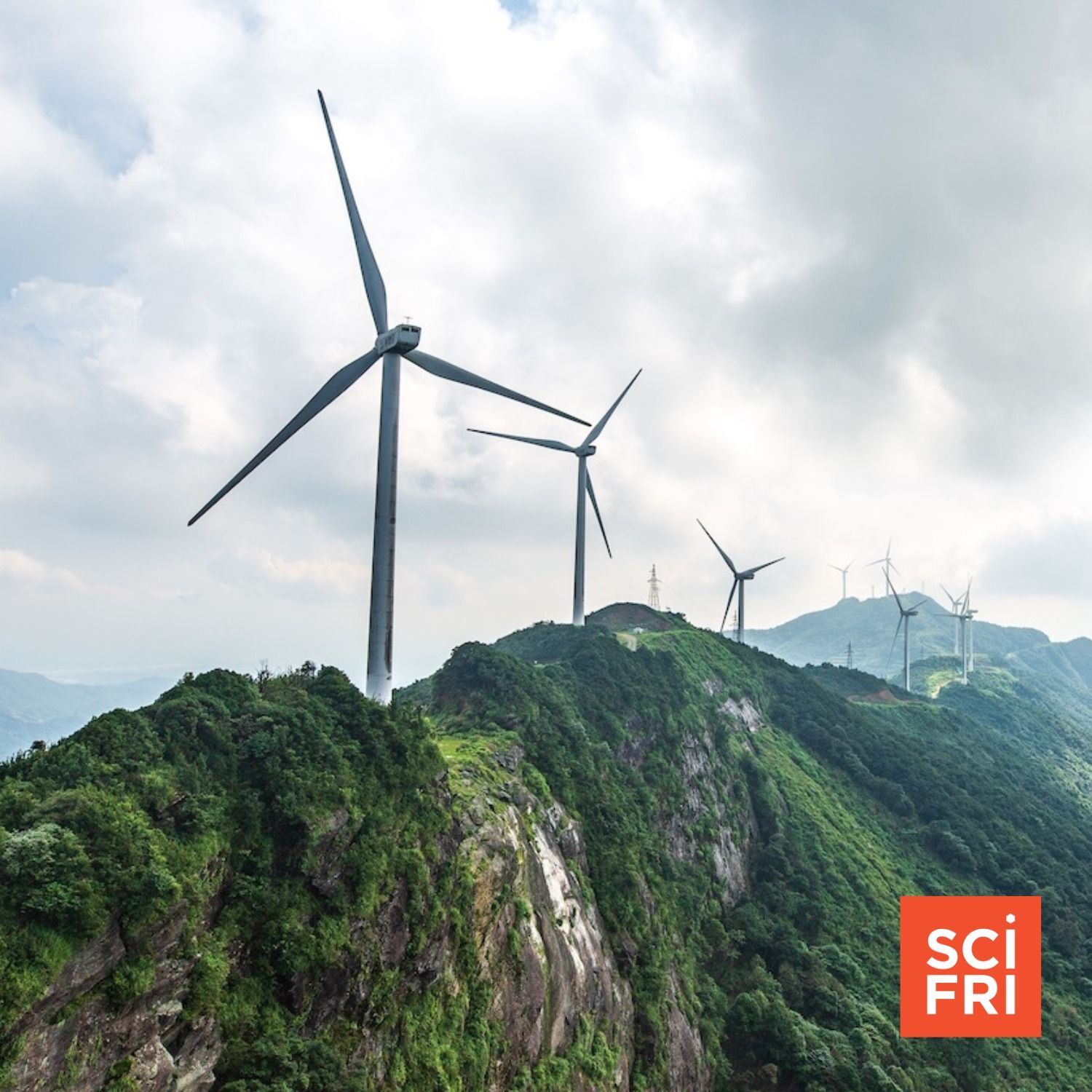

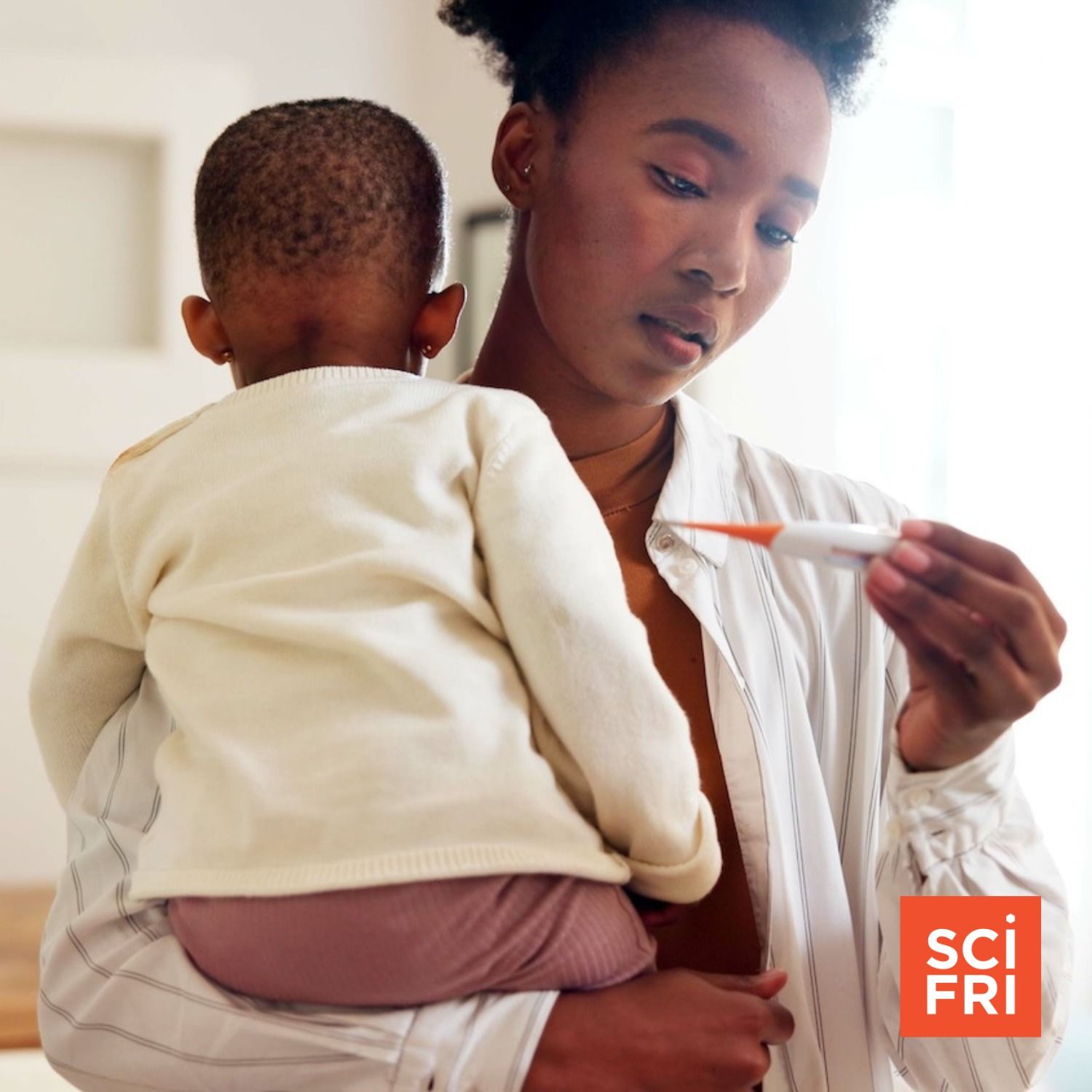

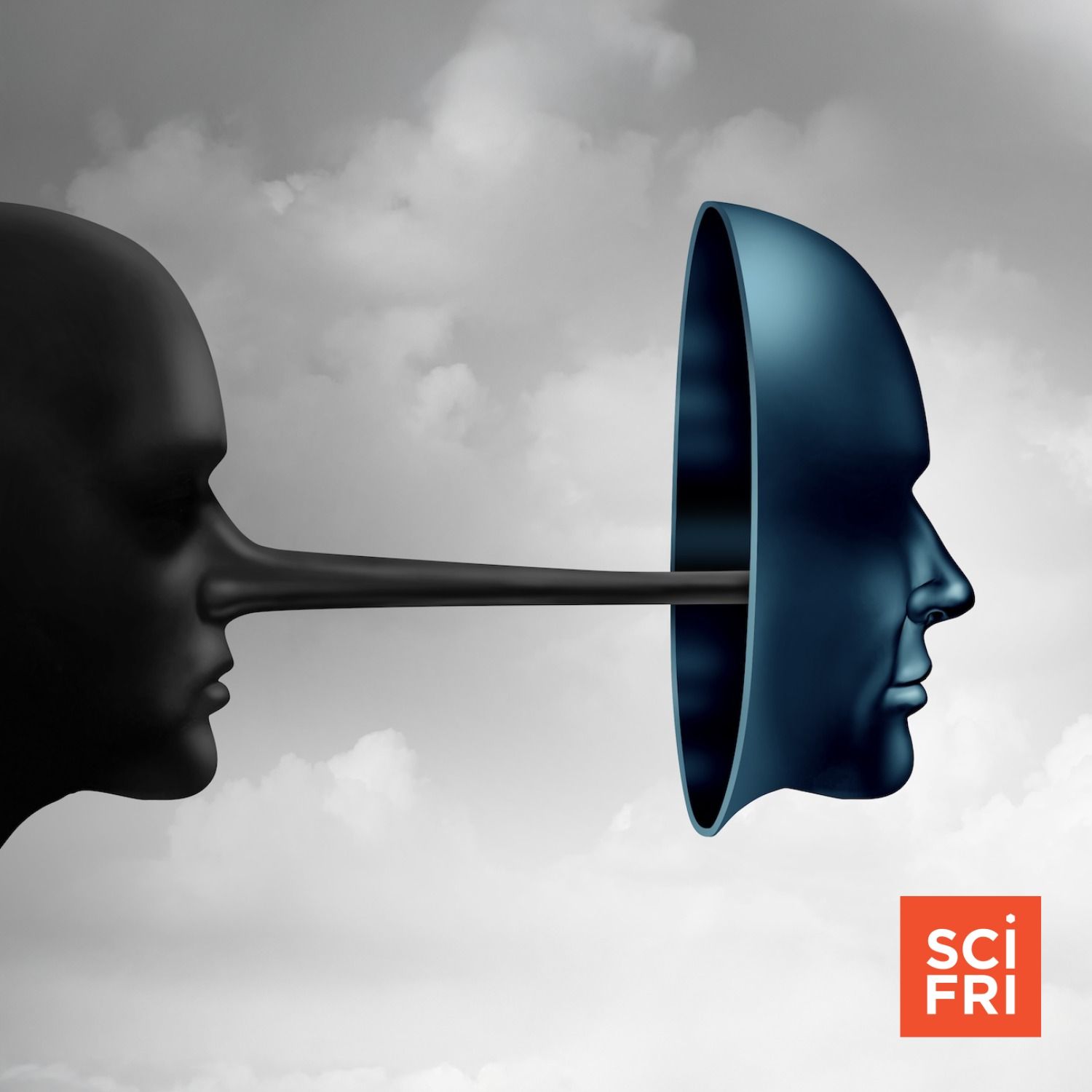



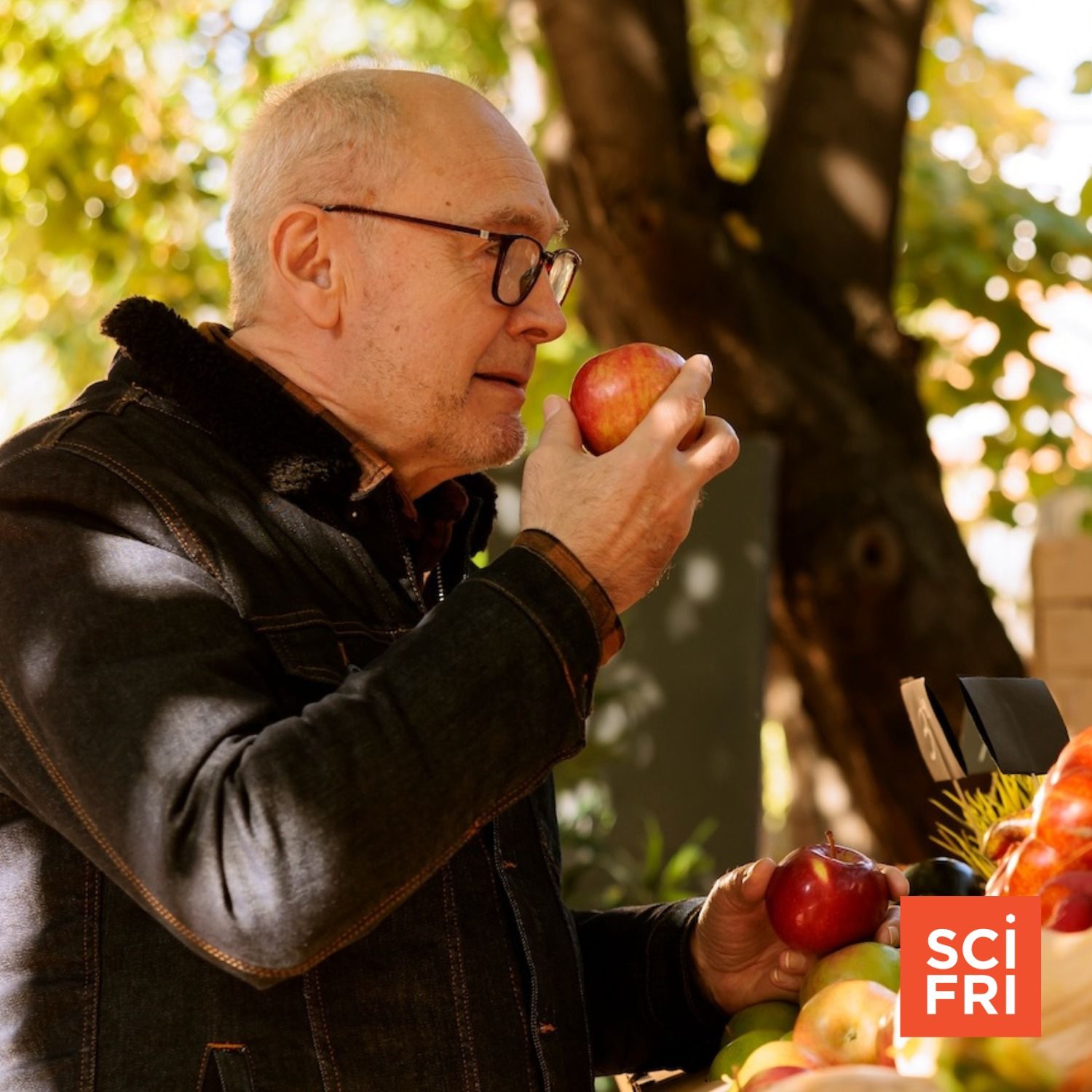
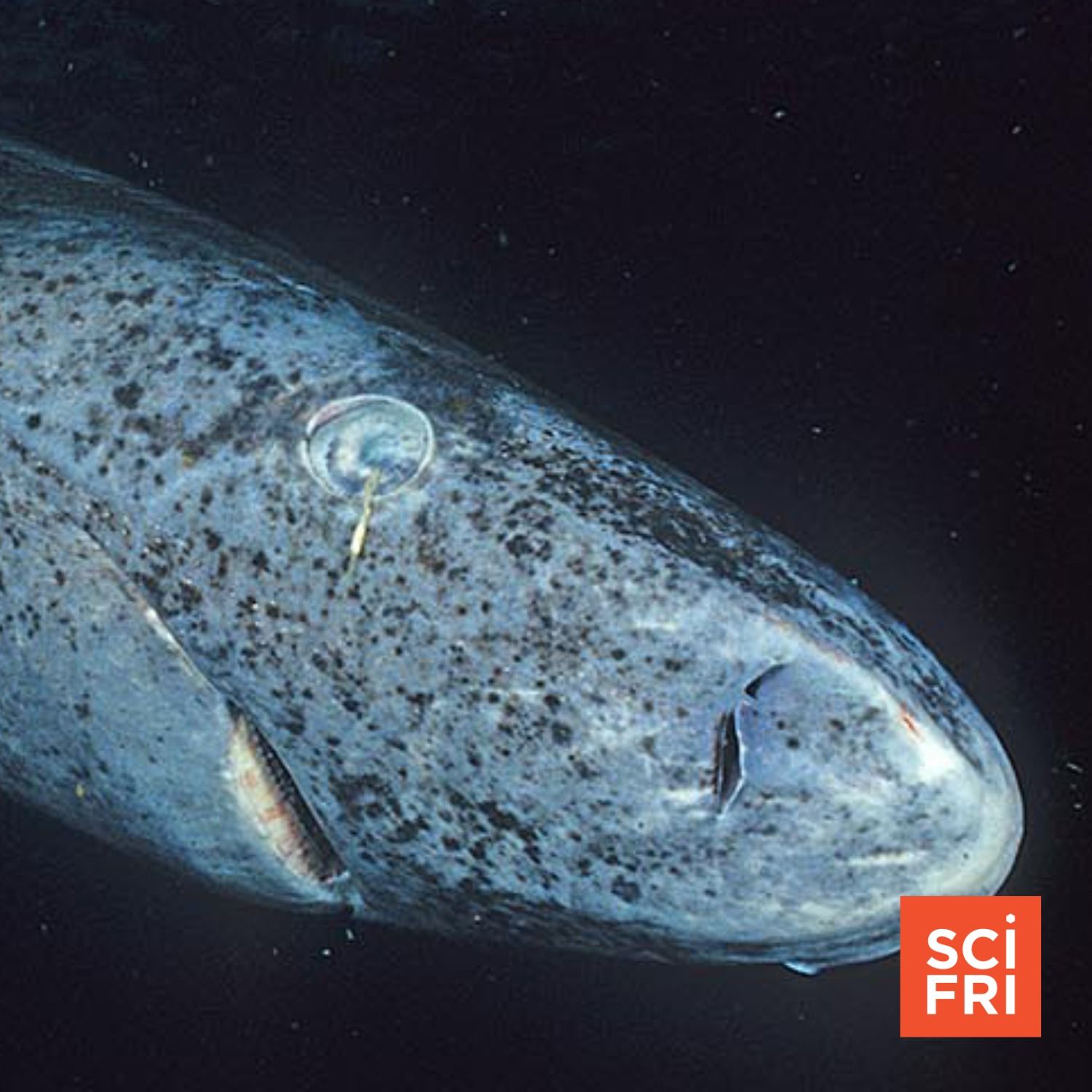




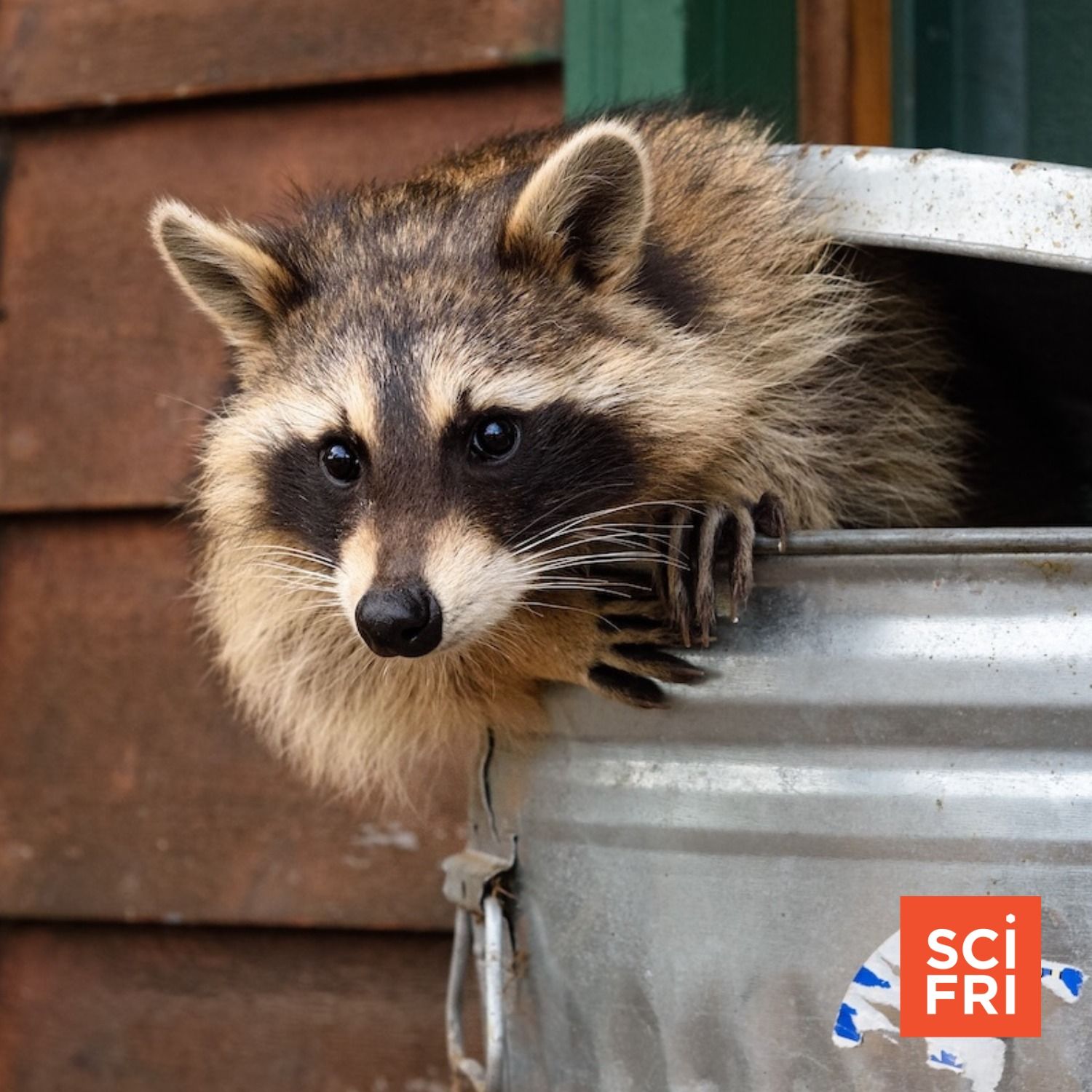

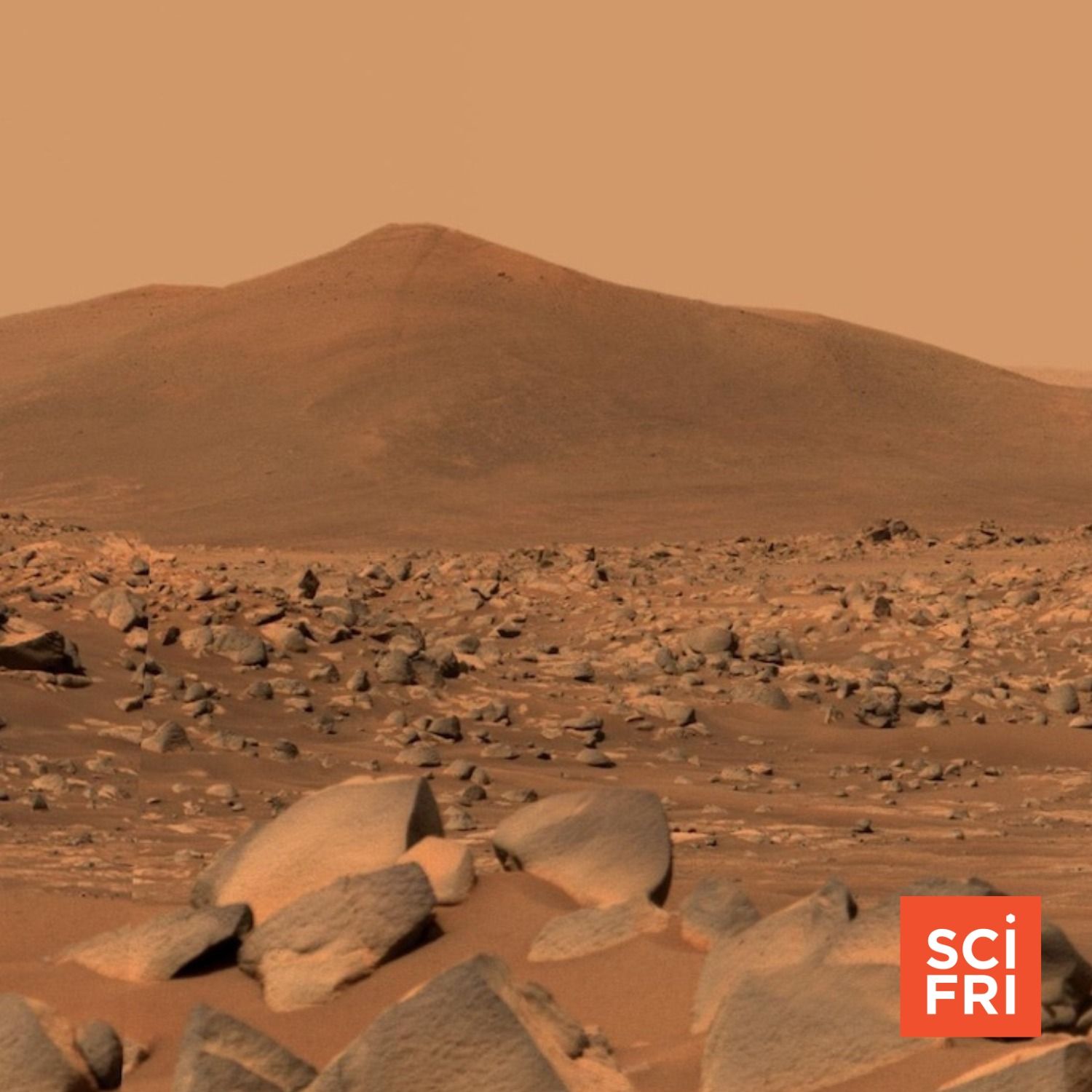





uh... some of us grew up in the 80's. what do you mean we don't think about it. do you not know how much we heard about the ozone?? c'mon.... 🙄🙄 we might not be scientific but we know and think about it. indoors and outdoors
what a beautiful poem 💐
🔥🔥🥳🥳 That's amazing
volume zwQarsa
how can I have the transcription?
two people showing closed minds trying to negate another's observations in real life. sheesh, how many times did they say myth. not cool; hard pass listening to them further
why does Flatow drag these discussions down to a simplistic reduction that yields the same trite predetermined formula he wants for publication? why not find out the basis for new information and what makes it more reliable than previous means of measurement? does this recent finding just increase the range of possible values for the Hubble constant? or does it effectively supersede previous calculations?
I've often wondered if they could crispr a tree to grow faster and larger for lumber purposes. what's the genetic difference between giant bamboo and pine trees.
1:41 . . . Pi merits our irrational attention . . . Now that's "Woke Friday" for ya . . .
6:10 . . . The language of colonialism & imperialism has tainted this field of science ? . . . I used to regularly listen to SF back a decade or two ago before it became so woke. Then Ira started making global warming a part of every episode. It got so tiring. Science used to be interesting & educational. Now for the most part shows like SF are just preachy political. And they never self reflect on the decline.
Who is throwing shade on plants prehistoric or not ?
Not a single thing about how differently the movie would have been made today was discussed in this episode 😂
bro why you talk like that!
I think we shouldn't act like we're outside of nature. Humans are natural, albeit in very different ways sometimes. If we mess up and ecosystem we should be invested in repairing it as best were able. We protect endangered species all the time; it's odd that we'd treat these trees any differently.
The name is Türkiye, not Turkey. They changed their name almost 3 years ago.
between this guy's microphone and his accent I didn't get half of what he said especially at the critical moments.
This is said here by this politician is almost fake news!
Biochar can be used in the making of green concrete, too
this podcast encouraged me to learn other languages
is there any place which i can acsess to text of this interview?